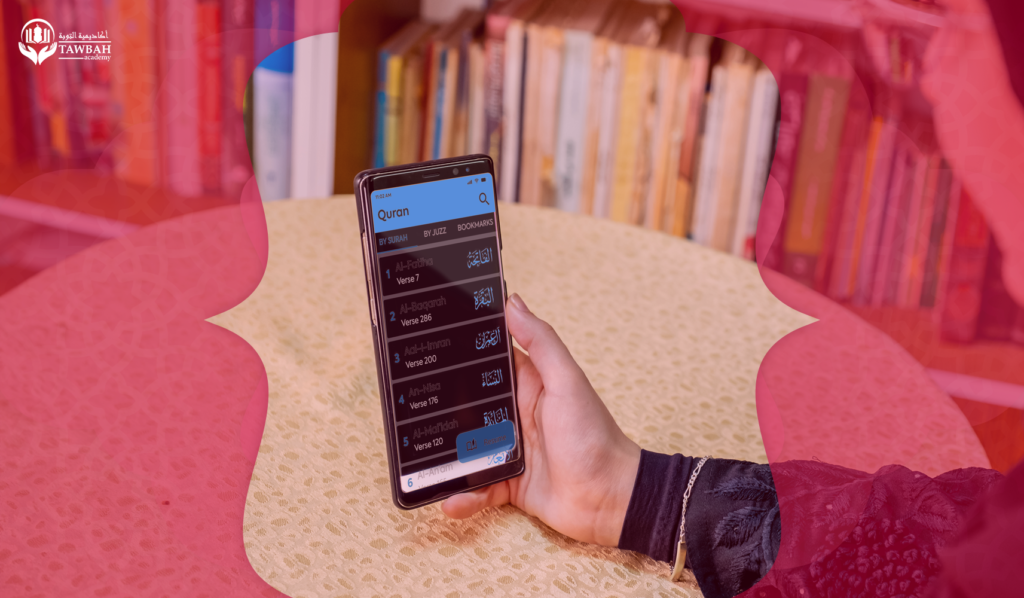Learning Arabic is more accessible than ever for English speakers. With Arabic classes, apps, and websites available, beginners can start from scratch. However, choosing the right resources is crucial.
Arabic, spoken by over 200 million people globally, serves as the official language in 22 countries including Egypt, Saudi Arabia, and the UAE.Learn Arabic offers a pathway to understanding Arab culture and accessing job or educational opportunities.There are numerous avenues to learn Arabic, each requiring patience, commitment, and time due to the language’s complexity.
learn arabic language
Arabic stands out as one of the world’s most distinctive languages, tracing its roots back to at least 500 BC, ranking among the oldest Semitic languages still spoken today.
Arabic’s influence transcends its native speakers, leaving a mark on Spanish, Portuguese, French, and several African dialects. For novices delving into foreign language acquisition, Arabic offers an enticing choice owing to its historical importance, cultural depth, and opportunities for linguistic exploration.
Why Arabic Should Be Your Language of Choice
- Phonetic Nature: Arabic may initially appear daunting to English speakers due to its unique sounds. However, it’s not tonal but phonetic, simplifying pronunciation. This contrasts with languages where spelling-pronunciation variations are common, enhancing Arabic’s accessibility for learners.
- Limited Alphabet: Arabic boasts only 28 letters, unlike Korean with thousands of characters. Based on consonants, Arabic’s alphabet simplifies pronunciation when reading aloud. Despite being larger than the Latin alphabet, Arabic offers a broader range of sounds. Additionally, some Arabic letters have alternative shapes based on their position in a word, enhancing language richness.
- Abundance of Learning Resources: Learning Arabic is now more accessible with the proliferation of resources. Arabic offers diverse learning avenues—from online courses like the Arabic Language course from Tawabh Academy, books, and magazines to interactive apps. Social media platforms further facilitate language practice and interaction, enhancing the overall learning experience for students worldwide.
- Ample Practice Opportunities: With over 422 million native Arabic speakers worldwide, finding a practice partner is convenient. Online language exchange platforms offer an effective way to connect with native speakers, allowing reciprocal language practice and feedback. Many platforms also offer grammar, vocabulary, and pronunciation tools. Consider attending Arabic language classes at colleges or universities for structured practice with Arabic speakers.
- Streamlined Vocabulary: Arabic vocabulary is characterized by short, simple words, unlike English with its longer Latin-derived terms. Gender-based nouns, common in languages like French, are minimal in Arabic, easing the burden of memorization.
- Simplified Grammar: Arabic grammar, while initially daunting, follows a logical structure that is less complex than many other languages like French or German. Rather than heavy reliance on verb conjugation, Arabic emphasizes word order, making sentence construction more straightforward once basic noun and verb forms are mastered.
Is the Immersion Approach the quickest method to learn Arabic?
yes, Achieving fluency in Arabic is expedited through immersion, an efficient learning method. Devote significant time to conversing with native speakers online or in Arabic-speaking countries. Aim for a minimum of three hours of daily practice to ensure rapid progress and remarkable results. Immersion can be pursued online or offline, encompassing activities like language classes, reading Arabic literature, watching subtitled media, and engaging in conversations with friends. Online avenues include practice tests, chatting with Arabic speakers, and enrolling in virtual Arabic courses for a comprehensive learning experience.
One significant benefit of immersion is the undivided focus on language learning. Free from distractions, learners can fully engage with the language. Unsure of what to say? Simply ask native speakers for guidance, fostering immediate assistance.
Additionally, immersion eliminates the need for rote vocabulary memorization. In the immersive environment, language acquisition becomes intuitive. Words flow naturally as learners engage with the language in real-life contexts.
Advantages of Learn Arabic for Non-Native Adults
Learning Arabic as a non-native adult offers several advantages:
Expanding Professional and Social Opportunities in the Arab World
Acquiring Arabic proficiency opens doors to career advancements, academic pursuits, and meaningful social connections within Arab communities.
Enhancing Communication Skills and Cultural Insight
Mastering Arabic goes beyond mere vocabulary and grammar. It’s about understanding cultural nuances to communicate effectively with Arab speakers.
Strengthening Family and Cultural Bonds
For second-generation immigrants, learning Arabic offers a pathway to reconnect with familial and cultural roots, fostering a deeper sense of identity and belonging.
Enriching Travel Experiences in Arab Countries
Speaking Arabic enhances travel experiences by facilitating meaningful interactions with locals, unlocking hidden gems, and fostering a sense of hospitality and camaraderie among native speakers.
What are great ways to immerse yourself in Arabic culture?
Socialize with Friends
Initiating conversations with friends fluent in your target language is perhaps the simplest way to begin. Pose questions, share thoughts, debate topics, and more.
Explore Movies and TV Shows
Exploring movies and TV shows is one of the most effective methods to immerse yourself in a language. Why? Because they offer authentic conversational examples. Moreover, they present opportunities to learn Arabic phrases, practice pronunciation, and grasp grammar nuances.
Engage with Music
Music serves as another potent resource for language acquisition. Numerous studies suggest that individuals who incorporate music into their language learning routines outperform those who don’t.
Practice Oral Communication
Speaking is the cornerstone of language acquisition. Therefore, why not commence speaking practice immediately?
Join a Community
Online communities offer a supportive environment for individuals with shared language learning goals. Here, you can exchange ideas, share tips and tricks, and encourage one another on the language learning journey.
Enroll in Arabic Courses
Enrolling in Arabic courses provides structured learning opportunities. Interaction with fellow students and instructors, including native speakers, enriches the learning experience.
Strategies for Rapidly Acquiring Arabic Vocabulary
Document New Words
Keep a notebook handy to jot down new vocabulary, ensuring they remain fresh in your memory.
Begin with Simple Words
Commence with words that resemble those you already know. Gradually introduce more complex vocabulary as you progress.
Learn Word Associations
Learning word associations is highly beneficial for expanding your vocabulary. Explore different contexts for each pair to enhance comprehension.
Utilize Audio Resources
Audio recordings offer valuable opportunities to refine pronunciation and gauge your vocabulary mastery.
Integrate Grammar Practice
Don’t overlook grammar—achieving proficiency is essential for effective communication in any language. You can enhance your skills now through the Teaching Arabic Branches course.
Conclusion
Embarking on a new journey can open doors to countless opportunities, particularly among the vibrant communities of the Arab world, where language is deeply intertwined with culture.
By taking this step, you’ll not only enhance your communication abilities but also embark on a transformative journey toward fluency.
FAQ
Is it possible to learn Arabic more quickly than others?
Absolutely. With sufficient dedication and practice, mastering Arabic in just 3 months is achievable. However, it’s essential to recognize that individual progress and performance are subjective and may differ from person to person.
Which is more challenging, learn Arabic or English?
The difficulty of a language is influenced by factors like an individual’s native language and their learning objectives. Arabic and English feature distinct grammar structures, writing systems, and pronunciations, posing unique hurdles to learners. It’s difficult to determine which language is harder, as both can present challenges in their own right.
Is Arabic grammar difficult?
Not necessarily. Although some individuals may perceive Arabic as challenging and more intricate than English, its grammar is actually simpler compared to many other languages. With sufficient practice and exposure, learners often find Arabic grammar easier to grasp and memorize. Many individuals can achieve proficiency in the language with dedication and consistent effort.






